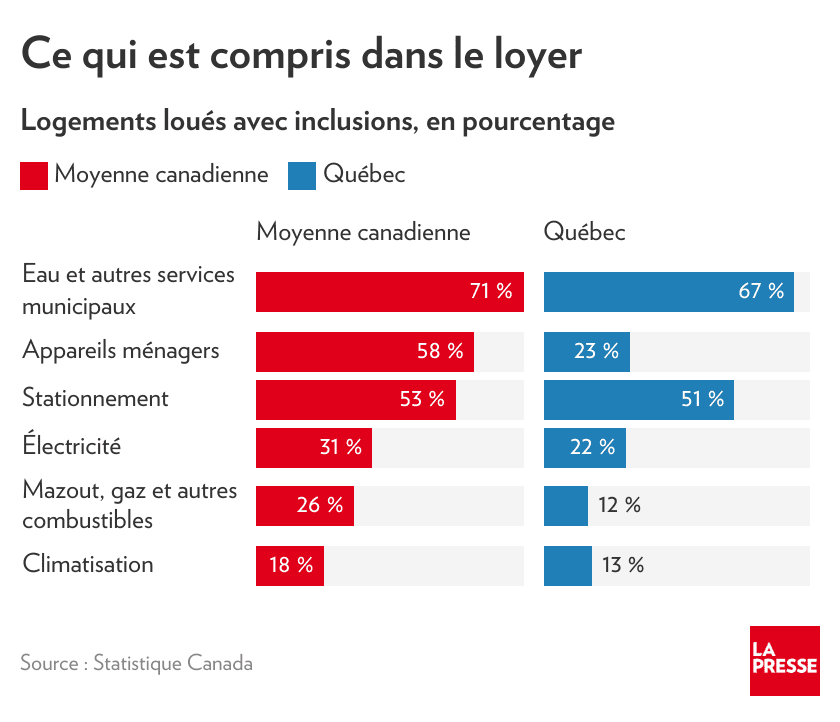
We often hear about the difficult working conditions of nurses, especially young ones. Among other things, younger nurses cannot benefit from the beneficial work hours older nurses receive through union seniority.
However, last week, the Montreal Economic Institute (IEDM) published alarming data on young people leaving the profession under the age of 35.
In Quebec, 100 young nurses entered the profession and 40 left it. And this has been going on for years. The MEI figures I verified were calculated from the Canadian Institute for Health Information (CIHI) databases.1.
In Ontario and British Columbia, youth dropout rates are also high, but not as high. According to CIHI statistics, this proportion is 31% in British Columbia and 34% in Ontario, and 40% in Quebec by the same year 2021.
What are the reasons for these departures? According to ICIS, it is a question of career change, family reasons and promotion among others.
For the IEDM, one of the reasons for these departures is the rigidity of collective work agreements and, in particular, the disadvantages for young people of union seniority.
“Since shifts and schedules rarely suit them, young nurses must work overtime and are generally subjected to relatively high-stress work conditions. Such inconsistency can be a source of tension among staff and lead to professional burnout,” said Emmanuel B. Faubert, IEDM, wrote an economist at a right-wing think tank.
MEI is not the first to make such an observation. Former Health Minister Gayton Barrett has already explained to me that he tried to replace nurses’ shifts in the French-speaking sector during the summer, to reduce service disruptions. By proposing to distribute leave separately, he came against these seniority rules.
“It’s a complete denial. However, we must share inconvenient hours and help with work-family balance. Some nurses have told me that after 20 years of seniority, they have no vacation in July and August,” Gayton Barrett told me.
A former network executive who worked in Quebec and Ontario also told me about some differences with Ontario. In neighboring provinces, skill is preferred over seniority while posting positions, which improves work efficiency.
As for vacations, it is the Head Nurses who plan them, not the seniority rules that dictate them. Nurses who have leave in July or August of one year will have leave in June or September of the following year. Young and old share.
Seniority is not the only reason young people leave. And seniority rules certainly have their reasons for being. But isn’t there a way to adjust? After all, older nurses end up with an increased burden when younger nurses leave the profession.
Network, isn’t there a way for unions to relax their rules to improve the patient’s ultimate well-being?
* * *

Photo by Marco Campanozzi, Law Press Archives
A recent Statistics Canada study found that rents in Quebec often have fewer items than in the rest of Canada. And this difference explains part of the gap.
My rent is better than yours
Rents are generally less expensive in Quebec than elsewhere in Canada, but are we comparing apples to apples?
A recent Statistics Canada study found that rents in Quebec often have fewer items than in the rest of Canada. And this difference explains part of the gap.
In Quebec, only 23% of rentals have appliances, compared to 71% in Ontario and 75% in British Columbia and Alberta.
A similar observation applies to electricity (22% included in Quebec, compared to 42% in Ontario) or air conditioning (13% in Quebec compared to 27% in Ontario).

According to Statistics Canada, this difference in inclusions affects the level of rents. In 2021, the average monthly rent in Ontario was $1,290, compared to $800 in Quebec, a difference of $490. However, inclusions explain $111, or nearly a quarter, of the $490 rent difference between the two provinces.
More precisely, having air-conditioned accommodation explains $41 of the $490 difference between the two provinces and home appliances account for $34, according to Statistics Canada.
At $1,370, the average rent in British Columbia is higher than the $570 gap with Quebec (2021 figures). Of this, $62 is explained by including or including household items.
The agency did not say why there were fewer additions in Quebec. Statistics Canada data, however, indicate that the size of the buildings plays a role, with some large buildings equipped with central heating and air conditioning, for example, which is typically not the case for smaller plexes, many of which are located in Montreal. .
Another hypothesis of my own: the special system of determining rents in Quebec, applied since 1981, may encourage employers to exclude certain items from the base rent to compensate for small increases in income.
1. This rate is not obtained through cohort monitoring, but through a comparison of young people who left the profession in a given year compared to those who entered.





